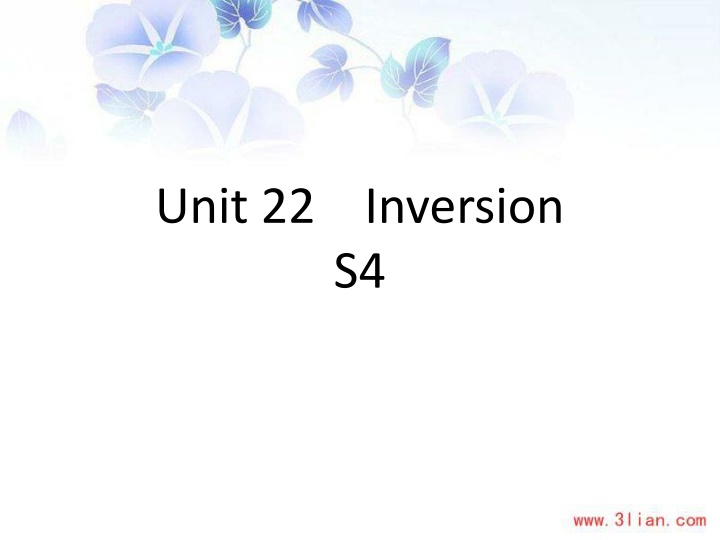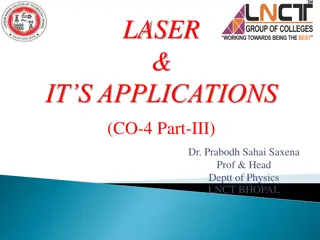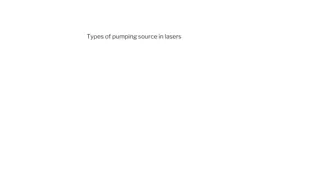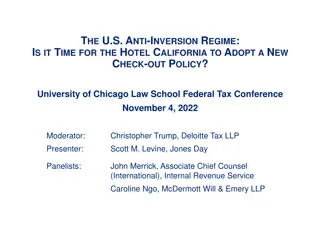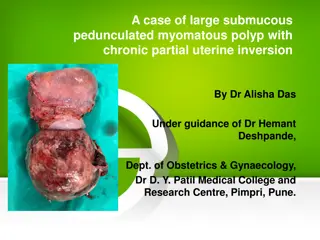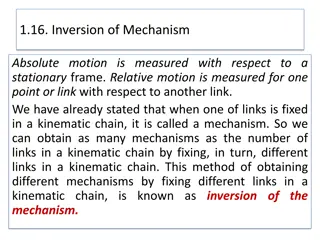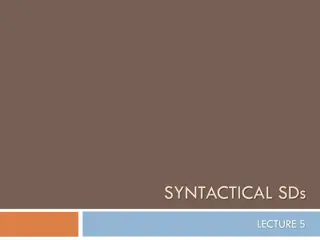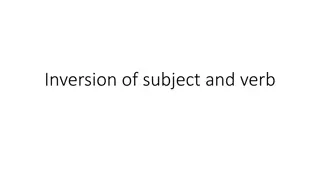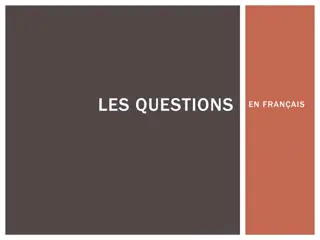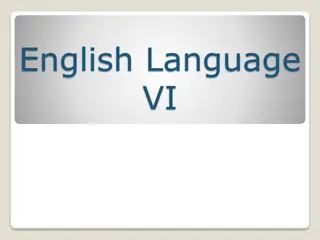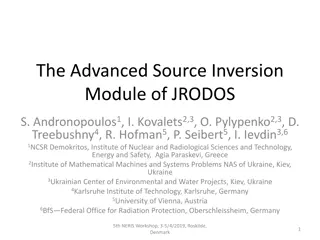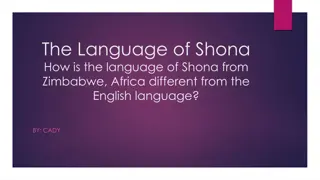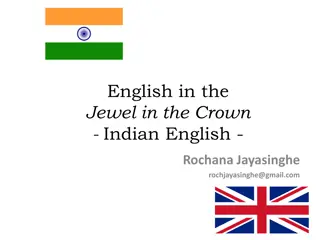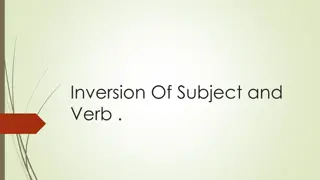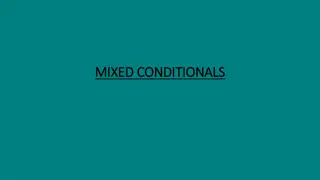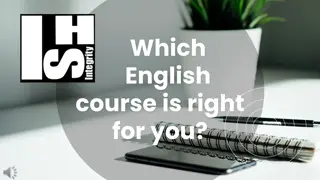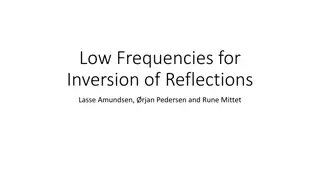Inversion in English: Examples and Usag
Dive into the fascinating world of inversion in English language, exploring its definition, examples, and importance. Discover how inversion is used to emphasize rhetorical and formal statements, with practical examples showcasing its application in sentences. Unravel the nuances of inversion through a collection of thought-provoking examples and gain a deeper insight into its role in English grammar.
Download Presentation

Please find below an Image/Link to download the presentation.
The content on the website is provided AS IS for your information and personal use only. It may not be sold, licensed, or shared on other websites without obtaining consent from the author.If you encounter any issues during the download, it is possible that the publisher has removed the file from their server.
You are allowed to download the files provided on this website for personal or commercial use, subject to the condition that they are used lawfully. All files are the property of their respective owners.
The content on the website is provided AS IS for your information and personal use only. It may not be sold, licensed, or shared on other websites without obtaining consent from the author.
E N D
Presentation Transcript
What is Inversion? S + V ...... V + S ......
Inversion : V + S 1. questions Who are you? What do you want? Can you swim? You like snow, don t you?
Inversion examples: V + S I have never eaten snake in my life. Never have I eaten snake in my life. You should lie under no circumstances. Under no circumstances should you lie.
Why do we use Inversion? to emphasize rhetorical: formal
Poem: The Golden Cage "Truly wonderful the mind of a child is." "Always in motion is the future."
Inversion : V + S 2. Never, Seldom, Rarely, Hardly, Barely, Under no circumstances The children seldom wake up early. Seldom do the children wake up early. People rarely ate meat in the past. Rarely did people eat meat in the past.
Inversion : V + S Barely do the children drink cola because their mother doesn t let them do so. Hardly can I hear what he is saying.
had + pp. Inversion : V + S 3. Hardly, Barely, Scarcely... before/ when, No sooner ... than She had seen me. She cried. Hardly had she seen me before she cried. I had got home. It rained. Barely had I got home when it rained.
Inversion : V + S Scarcely had the athlete crossed the finish line when she fell down . No sooner had I got home than the phone rang.
Inversion : V + S 4. Only by, Only in this way, Only then Only after,, Only if, Only when, You can learn English well only in this way. Only in this way can you learn English well. She realized she was wrong. Only then did she realize she was wrong.
Inversion : V + S After taking the test, I found out my English is not good enough. Only after taking the test did I find my English is not good enough. If it rain, we ll cancel the party. Only if it rains will we cancel the party.
Inversion : V + S 5. Little Little did I know that you were Romeo, you were throwing pebbles, And my daddy said, "Stay away from Juliet." And I was crying on the staircase Begging you, "Please don't go." And I said... (from the song Love Story )
Inversion : V + S 5. Little I know little about my family history. Little do I know about my family history. She eats little food every day. Little food does she eat every day.
Inversion : V + S 6. Not only ... but also Susan not only can speak English, but she also can speak Japanese. Not only can Susan speak English, but she also can speak Japanese.
Inversion : V + S 6. Not until You shouldn t write anything on the paper until the bell rings Not until the bell rings should you write anything on the paper.
Inversion : V + S 7. Conditional sentences (parts) If you need any help, don t hesitate to call me. Should you need any help, don t hesitate to call me.
Inversion : V + S 7. Conditional sentences (parts) If I were a boy/ girl, I would...... Were I a boy/ girl, I would .....
Inversion : V + S 7. Conditional sentences (parts) If I had a million dollars, I would ..... Had I a million, I would ..... If he had studied hard, he would ..... Had he studied hard, he would .....
